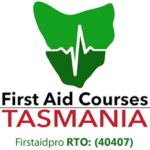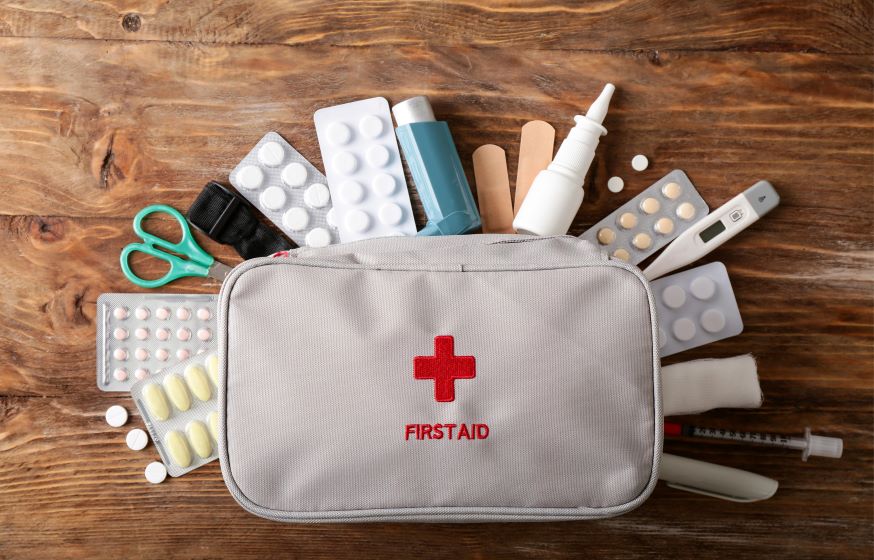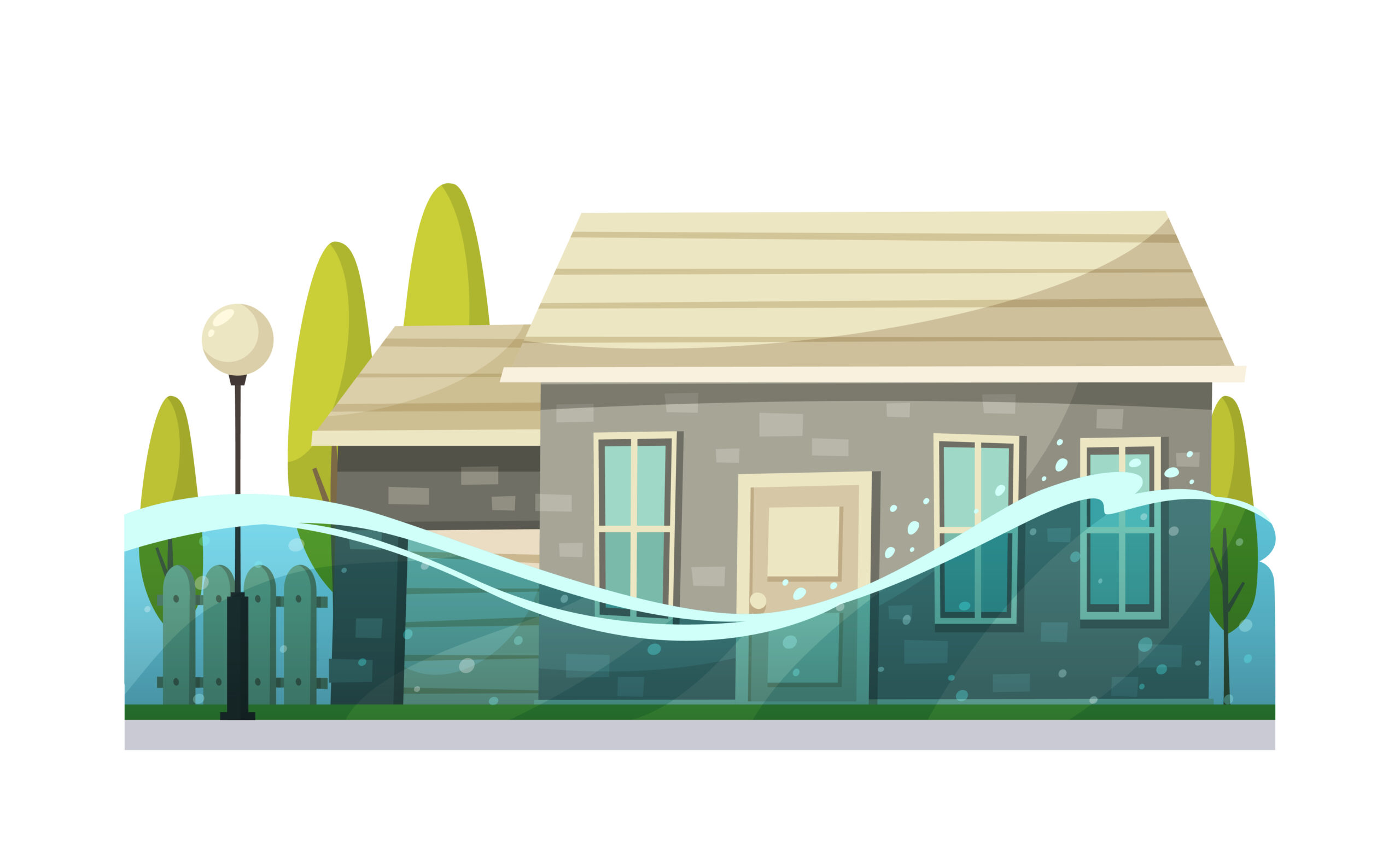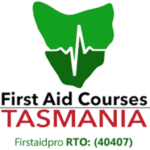The Importance of First Aid for Aging Populations: As we age, our bodies become more susceptible to injury and illness. For this reason, it’s crucial that seniors and their caregivers understand the importance of first aid. Knowing how to recognise and respond to common medical emergencies can make all the difference in preventing complications and even saving lives. From falls to heart attacks, aging populations are at higher risk for certain health issues, making it all the more important to be prepared.
In this blog post, we’ll explore why first aid is so essential for seniors, the most common medical emergencies they may face, and how caregivers can become better equipped to handle these situations.
By understanding the importance of first aid in aging populations, we can all work to promote safer, healthier communities for our seniors.
First Aid For Seniors
Seniors are at an increased risk for injuries due to a variety of factors, including age-related changes in the body, chronic medical conditions, and environmental factors.
Here are some common injuries involving seniors and how to treat them:
Falls
Falls are one of the most common injuries involving seniors. Muscle strength, flexibility, and balance can decrease with age, which can make it more difficult for seniors to maintain their balance and avoid falls.
They can lead to fractures, head injuries, and other serious health issues. If a senior falls, follow these first aid steps:
-
- Assess the situation and call for emergency medical help if necessary.
- Do not move the senior unless absolutely necessary.
- If the senior is conscious and can move, help them to a comfortable position.
- Check for any injuries, particularly to the head and neck, and keep the senior still.
- Apply ice to any areas that are swollen or painful.
Burns
Burns are common injuries for seniors because as people age, their skin becomes thinner, drier, and more fragile. This makes seniors more susceptible to burns from hot surfaces, liquids, or flames. Additionally, age-related changes in sensory perception can make it more difficult for seniors to feel temperature changes, which can increase the risk of accidental burns.
First Aid for Burns involve following this simple 3-step plan.
-
- Run cool water over the affected area for at least 10-15 minutes.
- Cover the burn with a sterile, non-adhesive bandage or cloth.
- If the burn is severe or covers a large area of the body, seek emergency medical help.
Cuts And Scrapes
As people age, their skin becomes thinner and less elastic, making it more prone to damage and slower to heal. This can make even minor cuts or scrapes more serious for seniors, as they may take longer to heal and may be more prone to infection.
In the event of a cut or scrape, immediate first aid can help to reduce the risk of infection and promote healing.
-
- Wash the wound with soap and water.
- Apply pressure to the wound with a clean cloth to stop any bleeding.
- Apply an antibiotic ointment and cover the wound with a sterile bandage or cloth.
- If the wound is deep, large, or appears infected, seek medical attention.
Heart Attack
Aging can also lead to a decline in the heart’s ability to function properly. The heart muscle may become weaker, and the heart may not be able to pump blood as efficiently, which can increase the risk of heart attack.
If a senior experiences symptom of a heart attack, such as chest pain, follow these first aid steps:
-
- Call for emergency medical help immediately.
- Have the senior rest in a comfortable position.
- Loosen any tight clothing to help them breathe easier.
- Monitor their breathing and pulse until medical help arrives.
Stroke
Seniors are more likely to have high blood pressure, which is a major risk factor for stroke. High blood pressure can cause damage to the blood vessels in the brain and increase the risk of blood clots.
Strokes is an emergency, and they require immediate medical attention. If a senior exhibits signs of a stroke, such as sudden weakness on one side of the body or slurred speech, follow these first aid steps:
-
- Call for emergency medical help immediately.
- Have the senior lie down in a comfortable position.
- Loosen any tight clothing to help them breathe easier.
- Monitor their breathing and pulse until medical help arrives.
It is important for seniors to take preventative measures and learn first aid to help reduce their risk of injuries.
Learning first aid can help you respond quickly and effectively in an emergency involving a senior. If you’re unsure how to respond to a particular injury or medical condition, seek medical help immediately.
Be Prepared And Learn First Aid
As we conclude this blog, it’s important to emphasize why being prepared and learning first aid is essential for seniors. Aging can bring about various health challenges, and accidents can happen at any time, even to the healthiest of individuals. However, seniors are more susceptible to injuries and illnesses that may require immediate medical attention.
That’s why learning first aid is a critical skill for seniors and their caregivers. With the right knowledge and tools, one can provide prompt and appropriate care that can make a significant difference in an emergency situation. It can also give seniors and their loved ones peace of mind, knowing that they are equipped to handle unexpected health crises.
At First Aid Course Tasmania, we understand the importance of having first aid skills, especially for seniors. Our courses are designed to provide comprehensive training to help you respond to emergencies quickly and effectively. Our instructors are experienced professionals who can guide you through the learning process, making it easy to understand and apply the techniques in real-life situations.
Taking the time to learn first aid can be a life-saving decision for seniors and their caregivers. Let’s all be prepared and empowered to handle emergencies with confidence!







